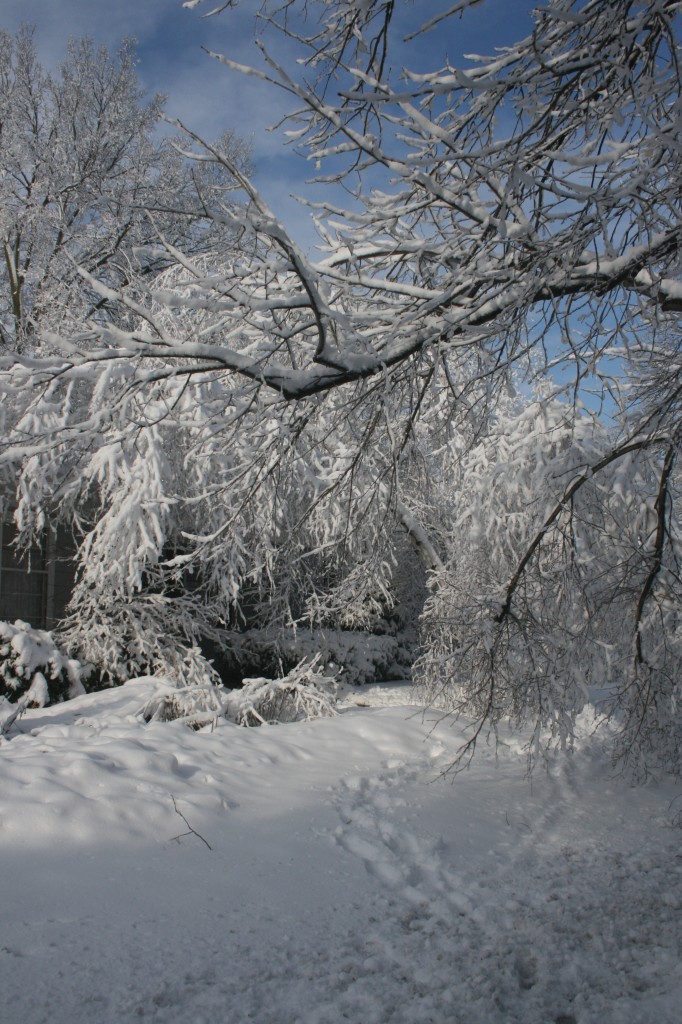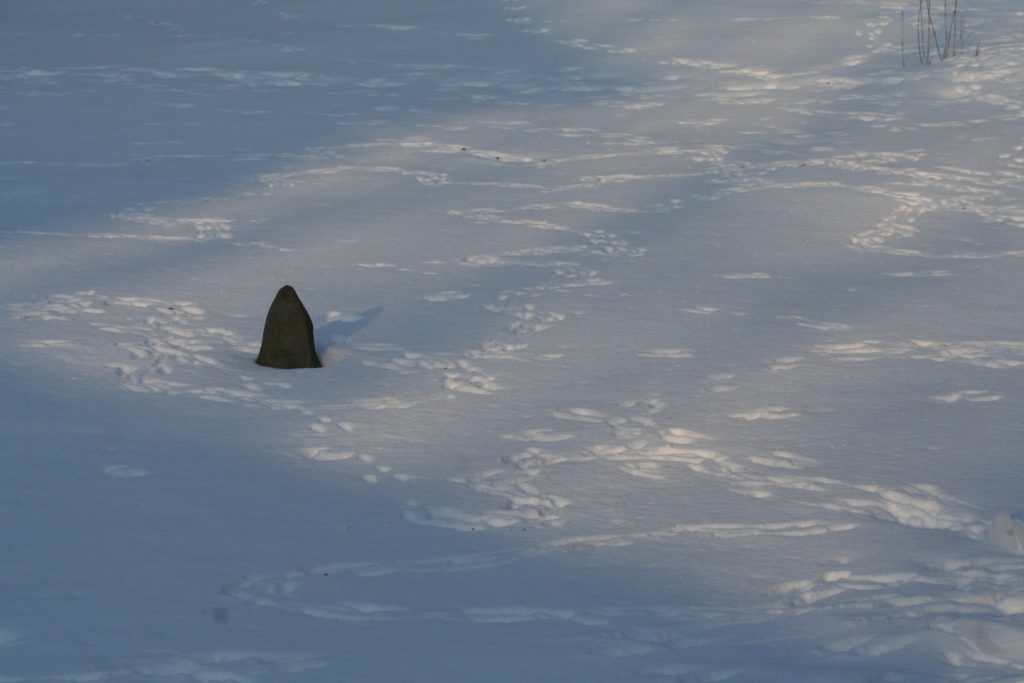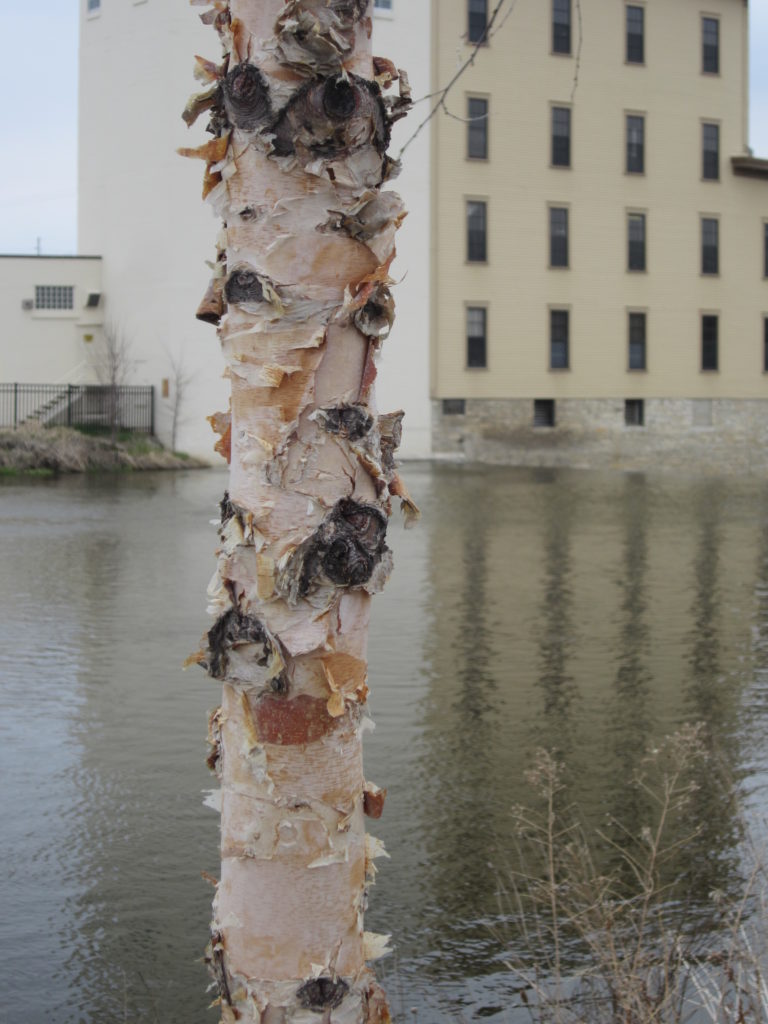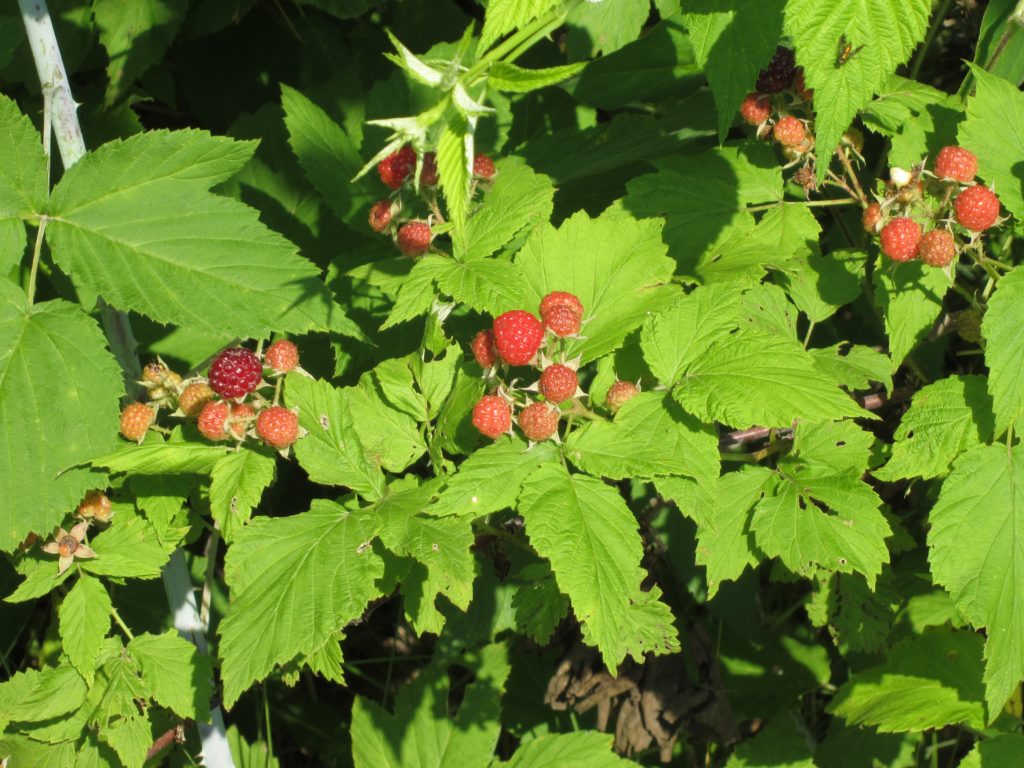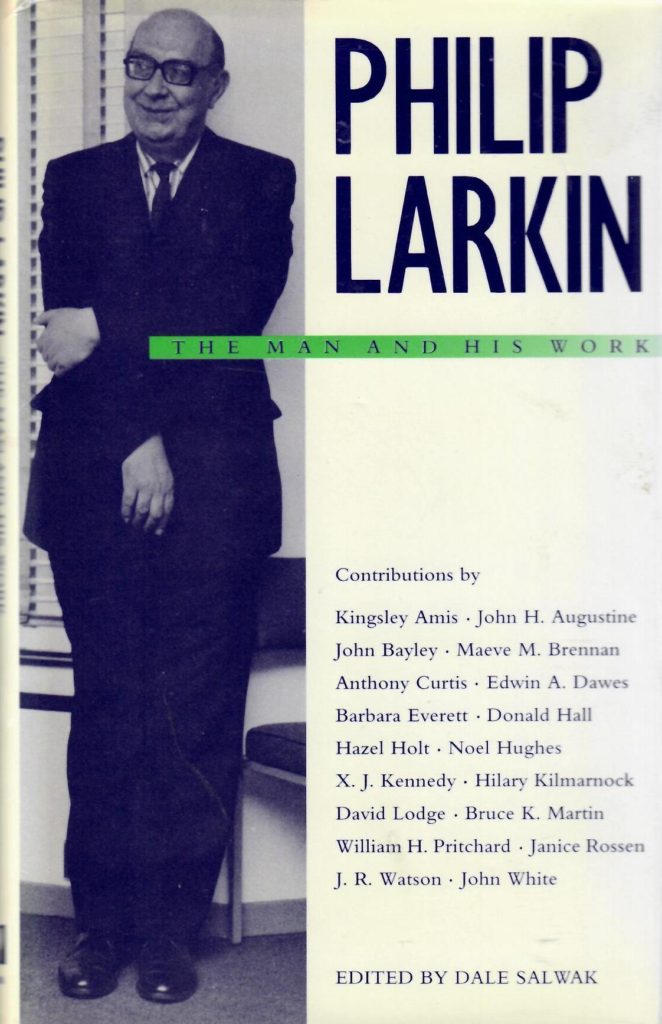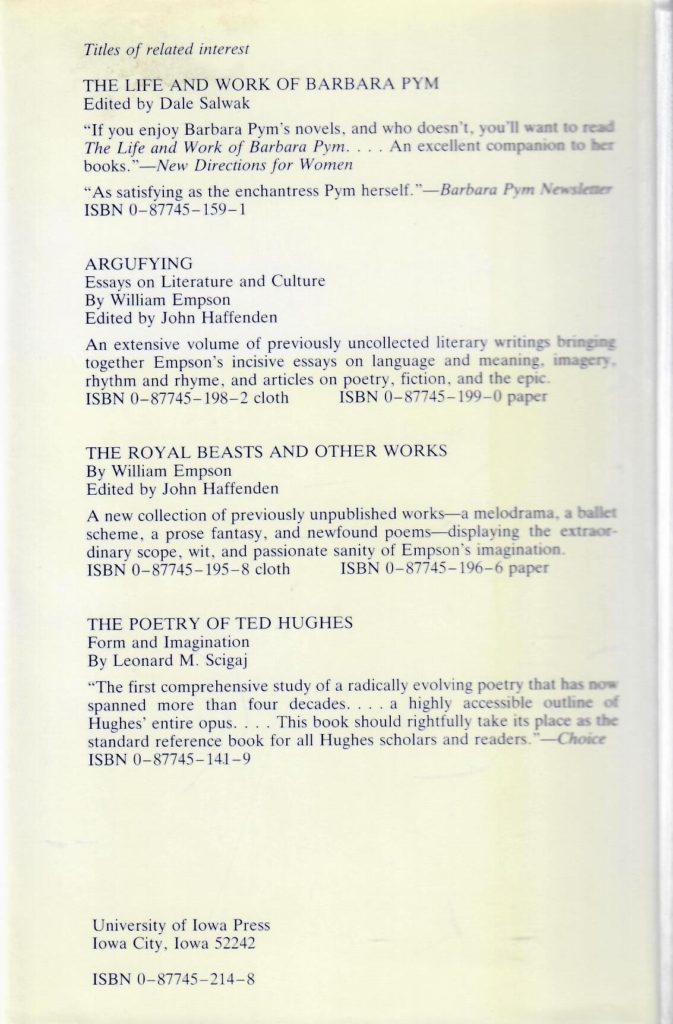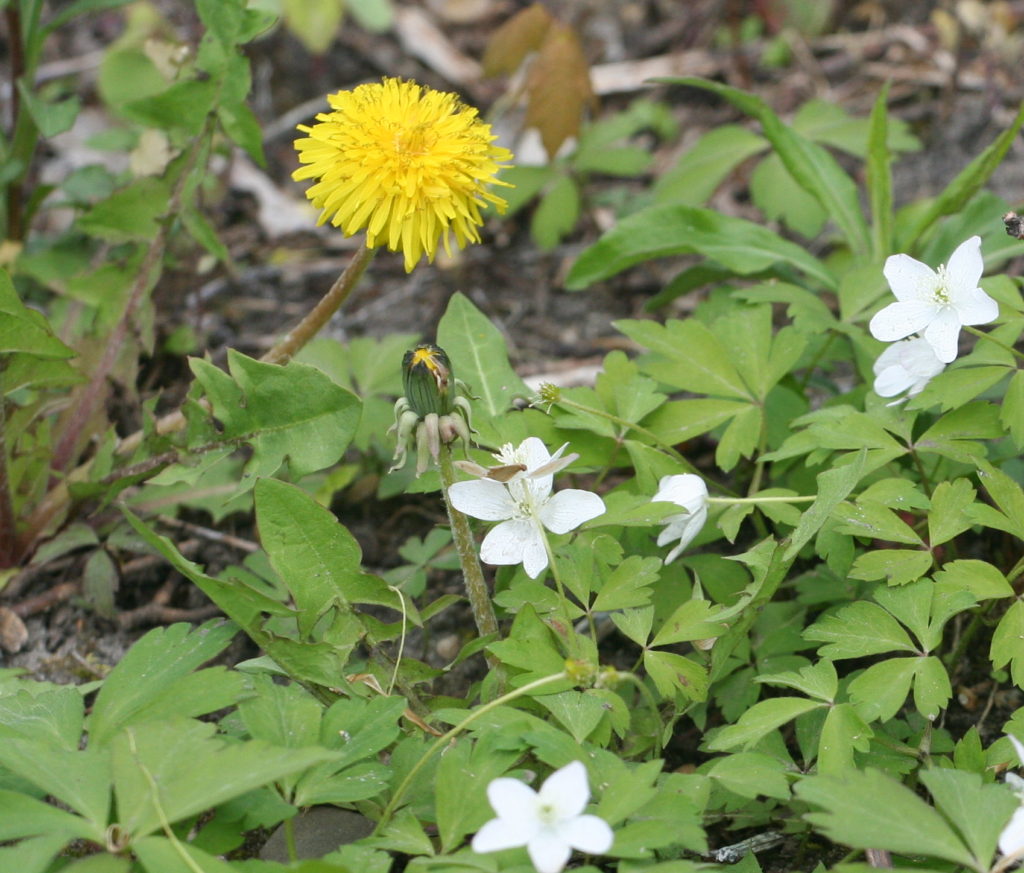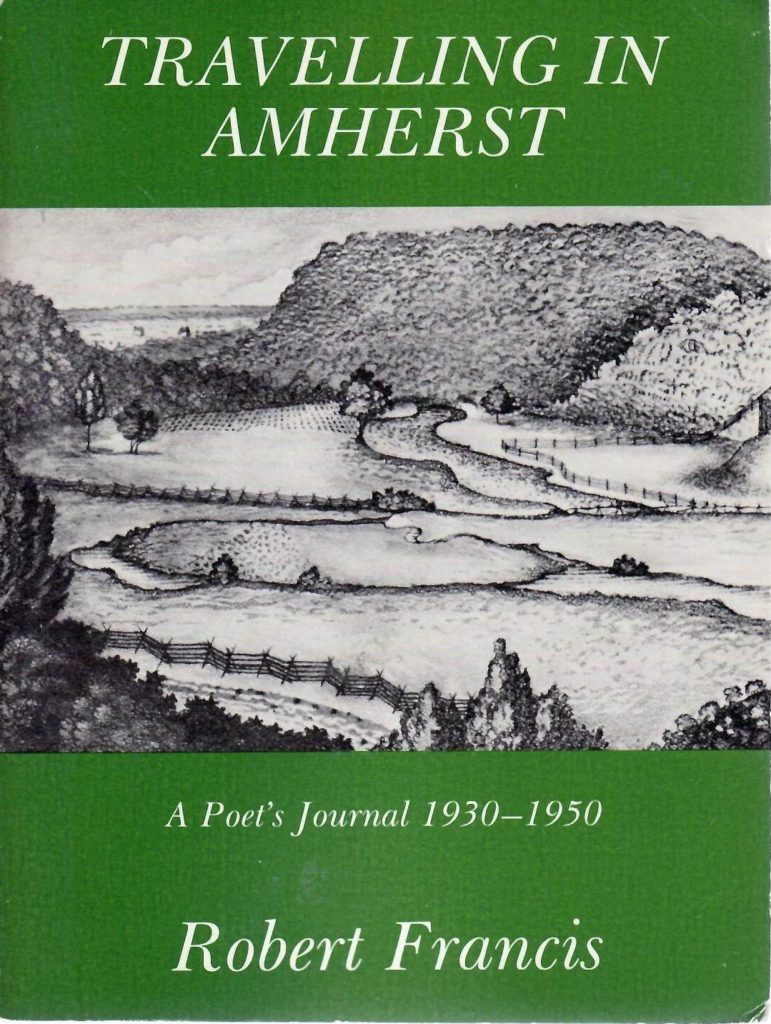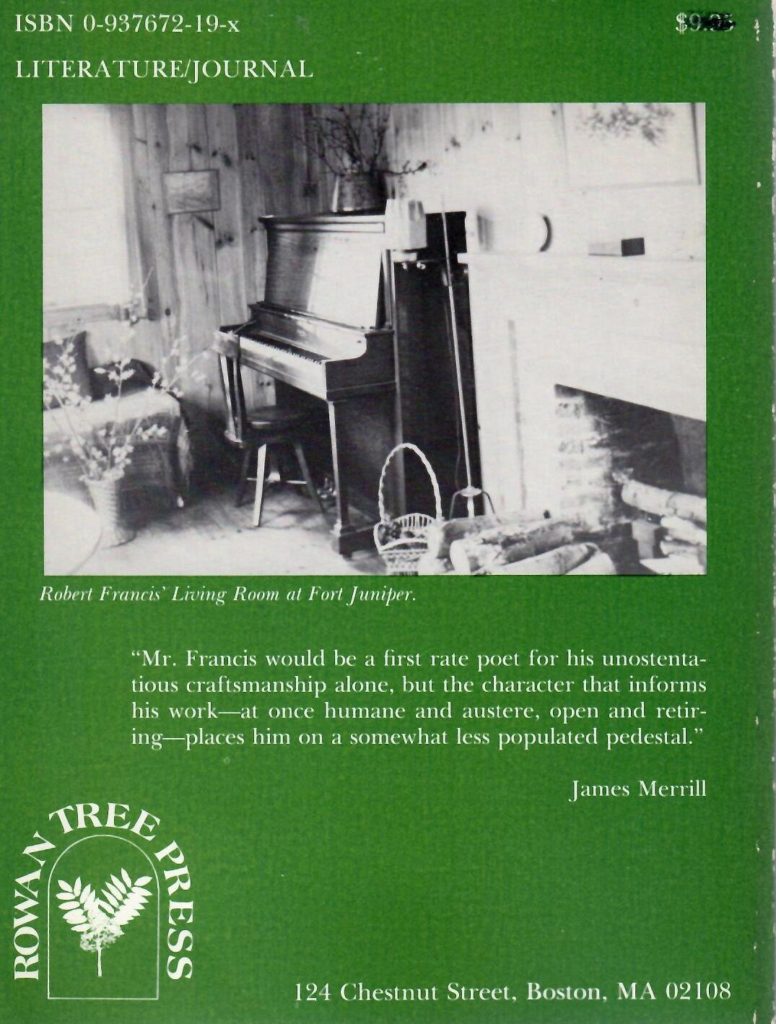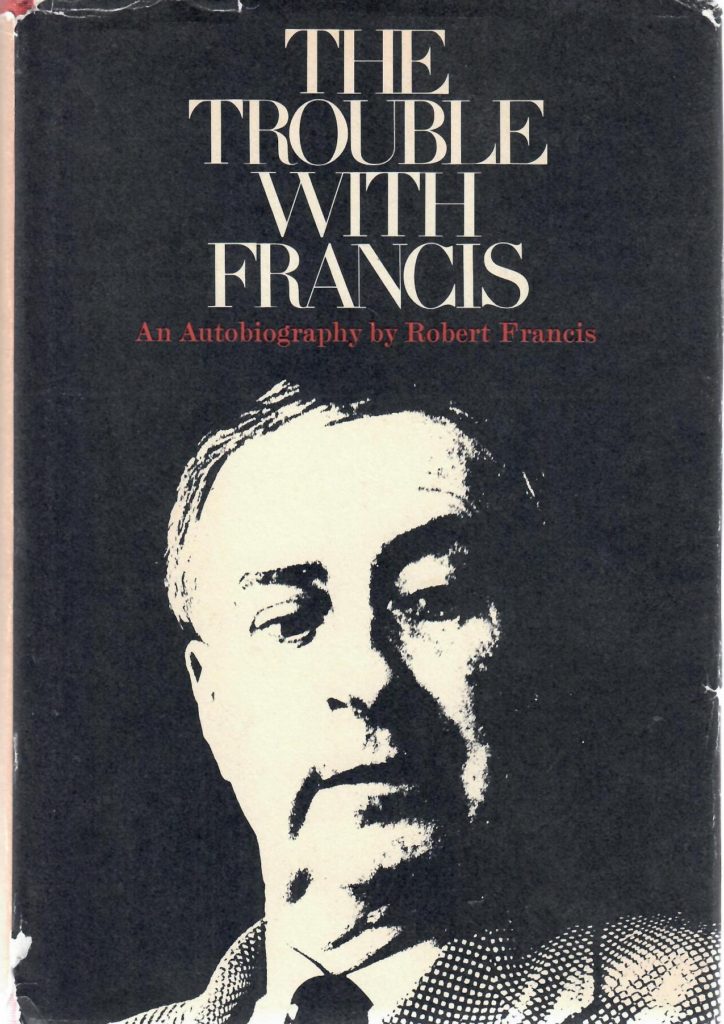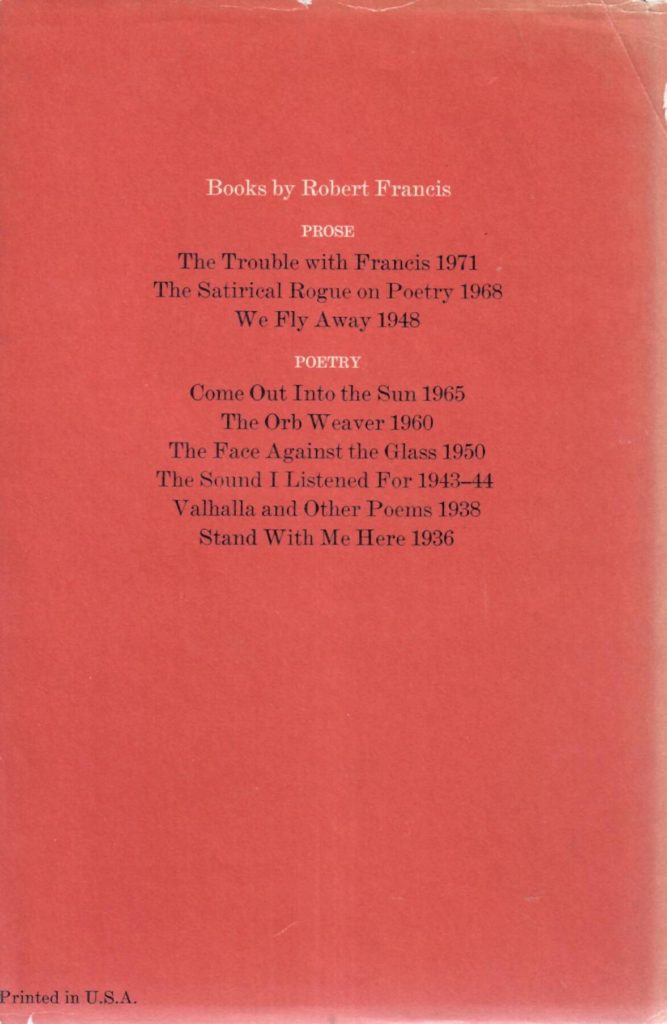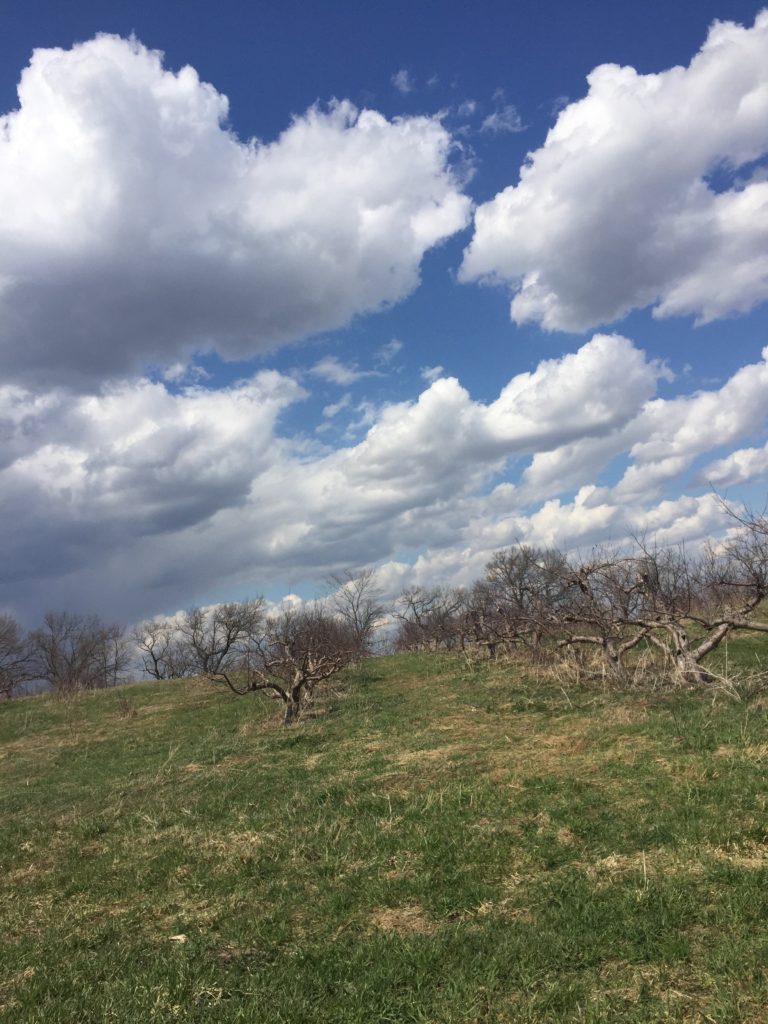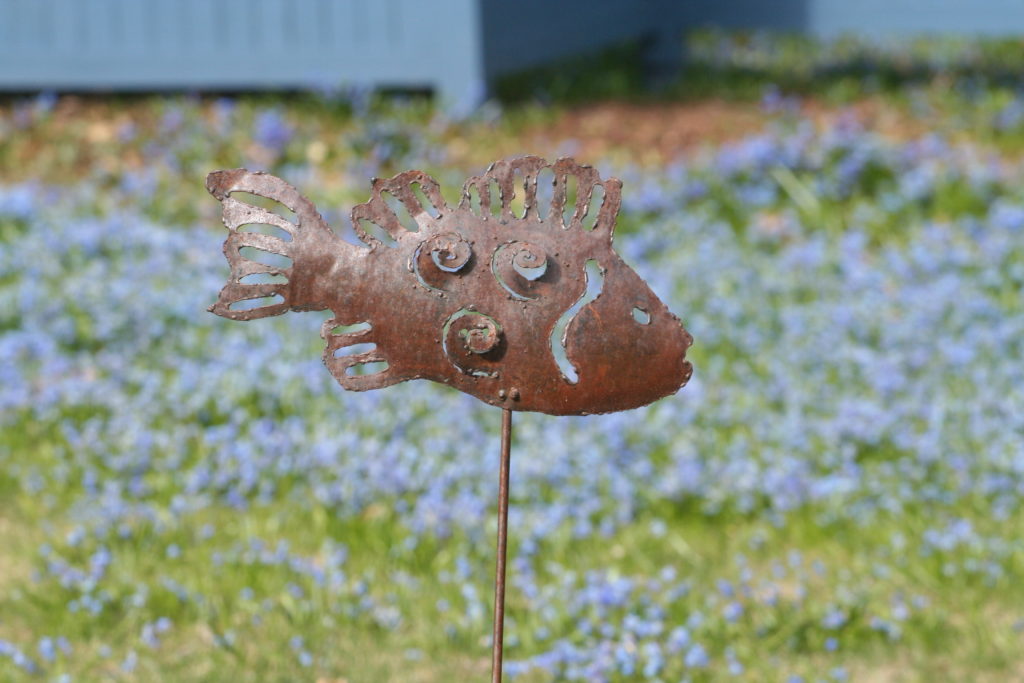
Yesterday was a day I am not likely to forget: on June 1, the online journal, MockingHeart Review, published their second issue for 2021, and this one includes three of my own poems. Not only that, but they honored me by asking me to be the Feature Poet for this issue, and included brief notes on each of the three poems: “Tree Wells”, “Paper Mill”, and “April 1: Raspberry Fools”.
The issue is, as usual for MockingHeart Review, filled with stunning poems and art work from a variety of poets and artists. I encourage you to take a look, to savor the creativity on the page at this moment when the creativity of the natural world is unfurling and unspooling everywhere we look. In this issue, I was stunned by the gorgeous digital paintings of Irish artist Edward Lee. He also contributes a meditative poem, titled “Cracked”, to this issue. At the conclusion of Peggy Turnbull’s poem, “The Prettiest City in Mexico”, I cheered! Then I read that Turnbull was an academic librarian who is, in retirement, diving into all kinds of success in poetry, and I couldn’t help but cheer again. I read Tom Barlow’s lyrical account of a day, “After the Falcon”, to my husband, and we agreed that its nuanced lines echoed our own experiences and sometimes heart-aches in trying to offer shelter to wildlife in our garden. Then, I was delighted, in an off-beat kind of way, by Jason Ryberg’s poem, “Off-Handed (Ode to Lee Child)”, not only because I, too, have enjoyed Lee Child’s thrillers but because of his Northfield roots and my own memories of his parents, Bill and Nancy, and his brother, Doug. (Such are the ripple effects of art, eventually connecting to the whole world.) Really, each of these entries has made me stop and think and be glad be in a world where life is celebrated by art.
You will find your own favorites, of course–I would love to know what they are.
It was in writing the notes on my own poems, requested by MockingHeart Review editor Tyler Robert Sheldon, that I realized there was a theme connecting each of my three poems included in this issue. Each has a different form and subject, but all three deal in some way with impetuosity and its consequences, imagined and actual.
Below are some of my photographs that echo the poetry, two for each poem.
Happy June!
LESLIE
